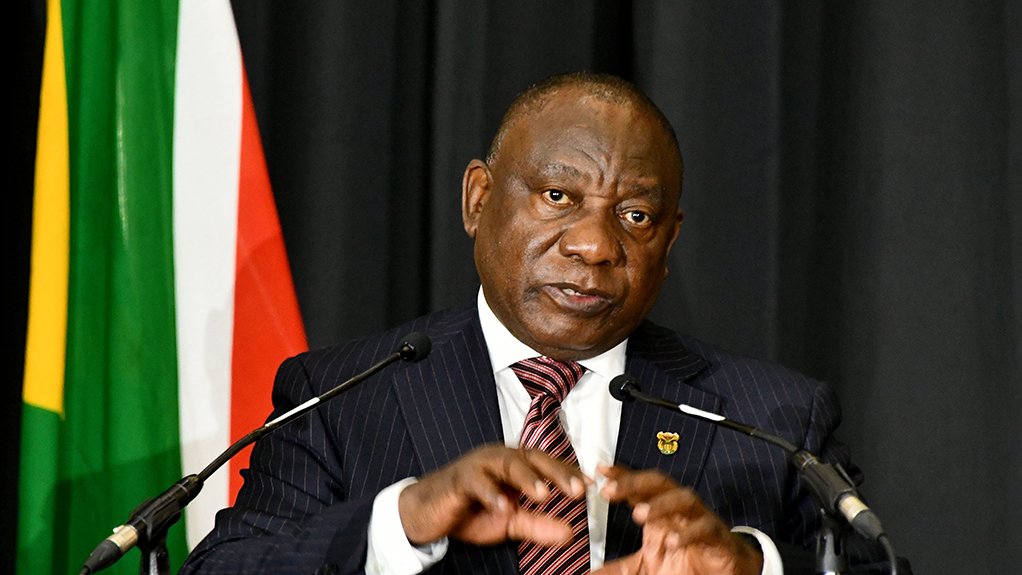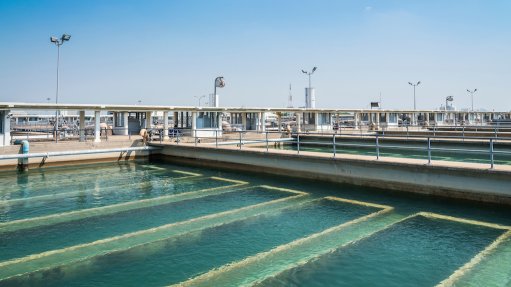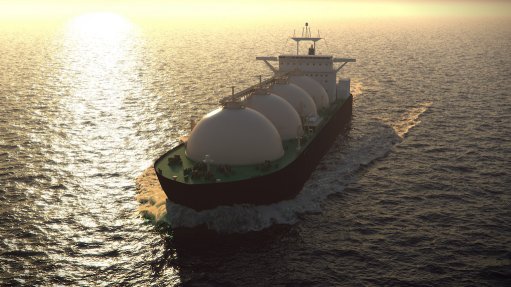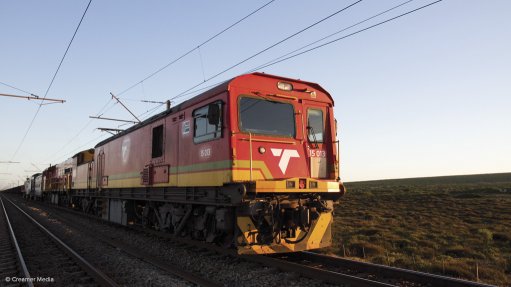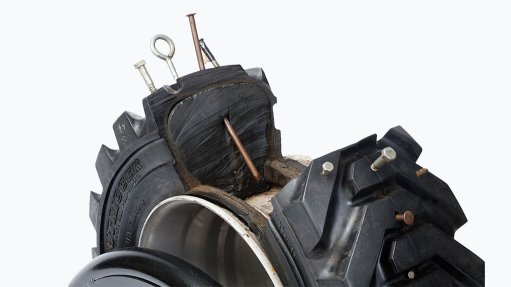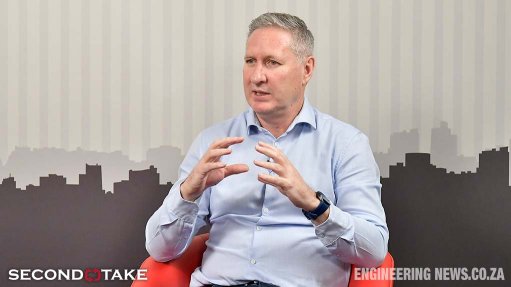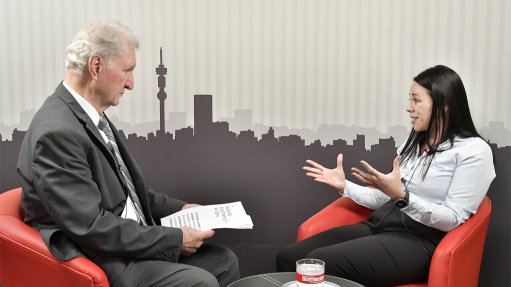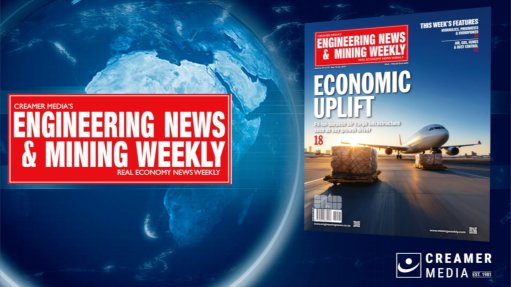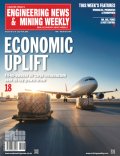Ramaphosa backs Ministers as he admits load-shedding is ‘calamity of enormous proportions’
President Cyril Ramaphosa has acknowledged that the current load-shedding crisis is a “calamity of enormous proportions” but has backed Ministers Gwede Mantashe and Pravin Gordhan after the leader of the opposition asked why the two Ministers had not been dismissed in light of their role in the “most costly failure in our country's history”.
Highlighting that the country was in the midst of its worst-ever year for load-shedding, despite an assurance given by Ramaphosa in 2015 that the problem would be all but “forgotten” within 18 to 24 months, Democratic Alliance leader John Steenhuisen asked at “what level of sustained load-shedding” would the President consider firing the Mineral Resources and Energy and Public Enterprises Ministers respectively.
In response, Ramaphosa insisted that the rotational power cuts were “not the wilful or planned intention of anyone who works in the State system” including the two Ministers.
“This has been a calamity of enormous proportions, which we all admit.
“I mean just two weeks ago to have almost 50% of our electricity generation capacity just collapsing, one after the other and the next and the next, it's not something that was planned by the Ministers or the CEO,” the President said, while also acknowledging that mistakes had been made.
“Everybody is focused [on solving the crisis], from the two Ministers … and including all the executives that have been put under tremendous pressure to address this.
“We are going to be making some announcements, and we hope and trust and believe that will then take us forward,” he said, without giving details but most likely in reference to the upcoming reconstitution of the Eskom board.
He stressed that he had genuinely believed in 2015 that load-shedding would be brought under control in the period outlined and that his confidence had been based on information at the time which suggested that Medupi and Kusile would bring relief to the strained system.
“Lo and behold where we are today.
“But it has not been the wilful and clearly planned intention of anyone that I work with,” he stressed, adding that the crisis had been exacerbated by corruption and criminality, including the theft of cables.
“Nobody in the country is happy with load-shedding, including myself, and we are working on it.”
PUBLIC GOOD
Ramaphosa also asserted that electricity would remain a “public good” regardless of the restructuring under way at Eskom and the fact that more electricity was being produced by private companies and independent power producers (IPPs).
The restructuring of Eskom, he outlined, would ensure that the transmission grid and the system operator, which he described as the backbone of the electricity industry, remained under full State ownership and control, while additional private and public generators and distributors were introduced.
Plans were also under development to ensure that Eskom grew its own renewables footprint, but that the utility’s debt burden was constraining it from immediately building such capacity.
“In order for Eskom to do that, it needs the financial resources.
“And right now, the financial resources are with the private sector,” he said.
However, the policy space had also been opened for municipalities to either generate electricity directly or to procure electricity from IPPs.
Ramaphosa described the restructuring and unbundling of Eskom as a way of de-risking the electricity supply industry from its current reliance on the performance of a monopoly business.
“We are living through that risk right now, because we've got only one company that generates for the whole nation.
“As I fly at night from Cape Town to Pretoria, or from Pretoria to Cape Town, I just see the lights on in the many towns in our country and the fear I continue to have is that it's only one company that is generating that.
“I say this is very risky, extremely risky, whichever way you look at it; even if you look at it ideologically, it is a real dangerous risk.
“And that is why we say we need to have a number of players.”
Comments
Press Office
Announcements
What's On
Subscribe to improve your user experience...
Option 1 (equivalent of R125 a month):
Receive a weekly copy of Creamer Media's Engineering News & Mining Weekly magazine
(print copy for those in South Africa and e-magazine for those outside of South Africa)
Receive daily email newsletters
Access to full search results
Access archive of magazine back copies
Access to Projects in Progress
Access to ONE Research Report of your choice in PDF format
Option 2 (equivalent of R375 a month):
All benefits from Option 1
PLUS
Access to Creamer Media's Research Channel Africa for ALL Research Reports, in PDF format, on various industrial and mining sectors
including Electricity; Water; Energy Transition; Hydrogen; Roads, Rail and Ports; Coal; Gold; Platinum; Battery Metals; etc.
Already a subscriber?
Forgotten your password?
Receive weekly copy of Creamer Media's Engineering News & Mining Weekly magazine (print copy for those in South Africa and e-magazine for those outside of South Africa)
➕
Recieve daily email newsletters
➕
Access to full search results
➕
Access archive of magazine back copies
➕
Access to Projects in Progress
➕
Access to ONE Research Report of your choice in PDF format
RESEARCH CHANNEL AFRICA
R4500 (equivalent of R375 a month)
SUBSCRIBEAll benefits from Option 1
➕
Access to Creamer Media's Research Channel Africa for ALL Research Reports on various industrial and mining sectors, in PDF format, including on:
Electricity
➕
Water
➕
Energy Transition
➕
Hydrogen
➕
Roads, Rail and Ports
➕
Coal
➕
Gold
➕
Platinum
➕
Battery Metals
➕
etc.
Receive all benefits from Option 1 or Option 2 delivered to numerous people at your company
➕
Multiple User names and Passwords for simultaneous log-ins
➕
Intranet integration access to all in your organisation



